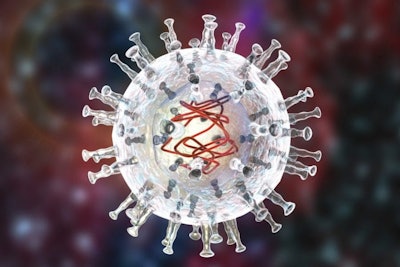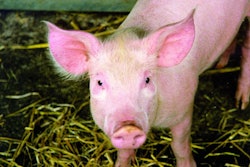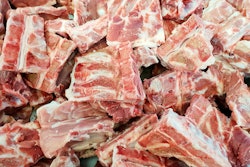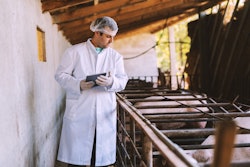
Scientists from Australia and the United States are teaming up to develop a safe and effective vaccine against African swine fever (ASF).
CSIRO, Australia’s national science agency, is working with U.S. biotech firm MBF Therapeutics to evaluate their novel DNA vaccine candidate for ASF.
While Australia has never had an outbreak of ASF, it has recently spread through Asia and is now found in Indonesia, Timor-Leste and Papua New Guinea.
It’s estimated a large-scale outbreak in Australia would cost the country’s economy up to AU2 billion.
The scientists will evaluate the vaccine in the secure laboratories at CSIRO’s Australian Centre for Disease Preparedness (ACDP), a high biocontainment facility in Geelong designed to safely enable research into the world’s most dangerous diseases.
Dr. David Williams, an ASF expert at ACDP, said despite the threat, scientists had not yet been able to develop a completely safe and effective vaccine.
“While first-generation vaccines have recently been approved for use in some parts of Asia, these are weakened live virus vaccines, which have potential to revert back to a disease-causing form and can cause side effects in sows and pigs with infections or other illnesses,” Williams said. “CSIRO’s Australian Centre for Disease Preparedness is one of the few labs in the world that can safely work with the virus. We’ll be bringing all our diagnostic tools, reagents and research capability to this challenge, and learning from the experience for future research.”
MBF Therapeutics CEO Thomas Tillett said the DNA vaccine platform is based on technology adapted from immunotherapeutic treatment of human cancer, and aims to eliminate pathogens as they enter the body.
“Dr. Williams’ and CSIRO’s expertise in the field of African swine fever, combined with MBF Therapeutics’ innovative T-Max Precision vaccine platform, provides an opportunity to work towards a truly safe and effective African swine fever vaccine,” Tillett said. “MBF Therapeutics’ ultimate goal is to create a vaccine that can be used safely in all stages of swine production, including sows, while preventing disease in individual animals and limiting transmission within the herd and environment.”
The work is part of CSIRO’s Immune Resilience Future Science Platform, a program which uses new and emerging technologies to accelerate a deeper understanding of the immune systems of humans and animals.
















